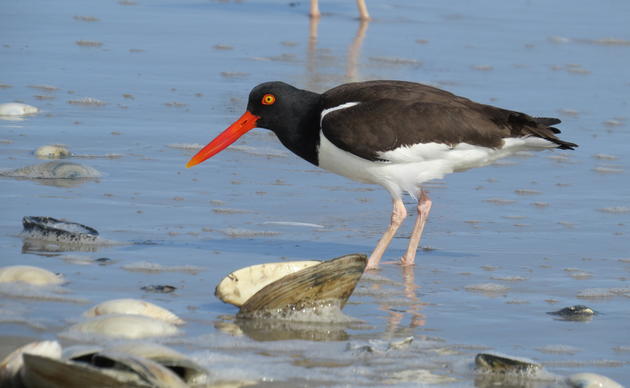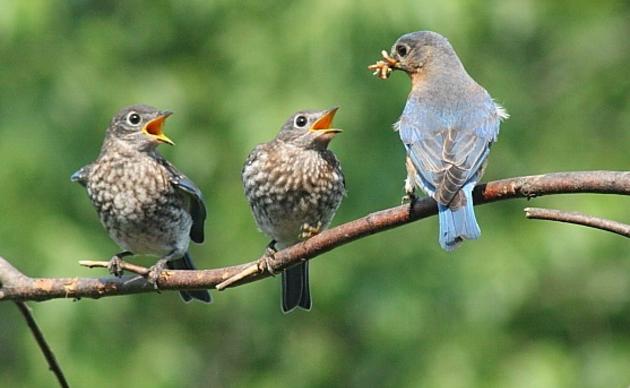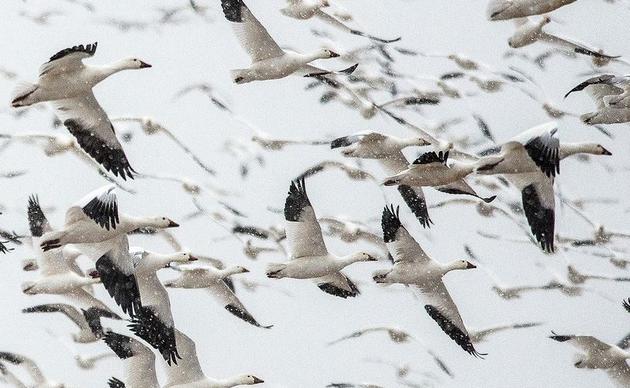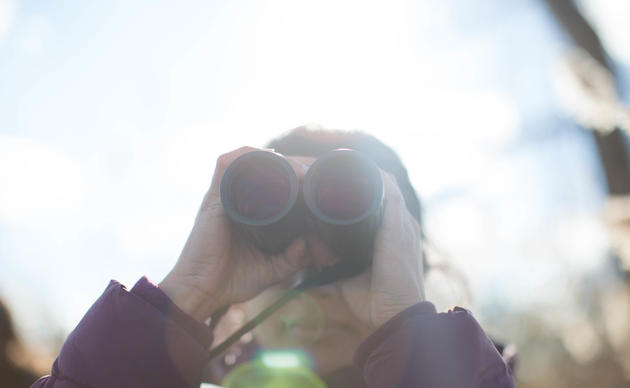FAQ
Q. How can I help spread the word about protecting beach-nesting birds?
A. Teach other people how they can protect beach-nesting birds. If you see someone on the beach disrespecting the nesting birds, please approach them in a friendly manner and explain why it’s important that they share the shore with birds. Many people do not realize their actions are harmful to wildlife. Please encourage others to take the “Be a Good Egg” pledge: ny.audubon.org/bgepledge. To sign up to volunteer at one of our “Be a Good Egg” outreach events, which take place at beaches across Long Island from June through August each year, please email NYcoast@audubon.org.
Q: Where can I go to see beach-nesting birds?
A: There are a number of great places to go to see beach-nesting birds in New York, including the sites listed below. While at the beach, please remember to keep your distance from fenced-off nesting areas, foraging adults and chicks, and resting flocks of birds. Use a spotting scope or binoculars to get a better view and try to avoid disturbing the birds as much as possible.
- Rockaway Beach, Nassau County, NY
- Jones Beach State Park, Nassau County, NY
- Nickerson Beach, Nassau County, NY
- Fire Island National Seashore, Nassau and Suffolk Counties, NY
- Smith Point County Park, Suffolk County, NY
- Montauk Point, Suffolk County, NY
Q: What do I do if I find an injured beach-nesting bird?
A: First, make sure that it is actually injured. We are accustomed to thinking that if a bird is sitting on the ground, it must be injured, sick, or abandoned, but this is not the case with these birds, since they build their nests on the ground. In addition, Piping Plovers are known for their “broken-wing displays,” where they pretend to be injured in order to draw attention away from their nests and young. If you are too close to the nests of these birds, you may see this behavior, but remember that the bird isn’t actually injured. If you witness a broken wing display, please carefully move away from the bird and towards the shoreline.
In addition, adult birds can give their young far better care than we can. If you see a chick on the beach, please be completely certain that it is severely injured before taking it off the beach. If no obvious injuries are visible, such as a broken wing or leg, leave it where it is. Baby birds do not do well in captivity. Please do not ever pick up Piping Plovers or other federally listed species, which require permission from the U.S. Fish and Wildlife Service to handle. If the bird is actually injured, please contact the land manager or a local wildlife rehabilitator, such as Volunteers for Wildlife (https://www.volunteersforwildlife.org/; 516-674-0982).
Q: What do I do if I see someone harassing beach-nesting birds or their nesting site?
A: Oftentimes, people will bother beach-nesting birds simply because they are not aware of the birds’ presence, or they don’t know that their actions are causing a disturbance. In these cases, you may want to try to politely dissuade the individual from engaging in that behavior. If that doesn’t work, or if somebody is seriously or maliciously bothering the beach-nesting birds, such as purposefully destroying nests or eggs or chasing birds away, contact the land manager or local law enforcement agency. If possible, please take a photo and write down details that you can provide to law enforcement officials, but please do not put yourself at personal risk to gather these details. Contact info for law enforcement is as follows:
- New York City Department of Parks and Recreation: Parks Enforcement Patrol: call police at 911 or submit a complaint online
- New York State Department of Environmental Conservation: Environmental Conservation Police Officers File a complaint online or call 1-800-847-7332 (TIPP hotline) or 1-877-457-5680 (officer dispatch)
- United States Park Police (NYC): call 718-338-3988
Q. I want to help! Is there a way I can volunteer my time to the Be a Good Egg project?
A. Yes! Audubon New York and our partners host “Be a Good Egg” outreach events at sites across Long Island and in New York City. Please email NYcoast@audubon.org to learn more and to sign up for one or more outreach events.
Q. Who do I contact to learn more about this project?
A. Submit your question to NYcoast@audubon.org.
Donate to Audubon
Help secure the future for birds at risk from climate change, habitat loss and other threats. Your support will power our science, education, advocacy and on-the-ground conservation efforts.




